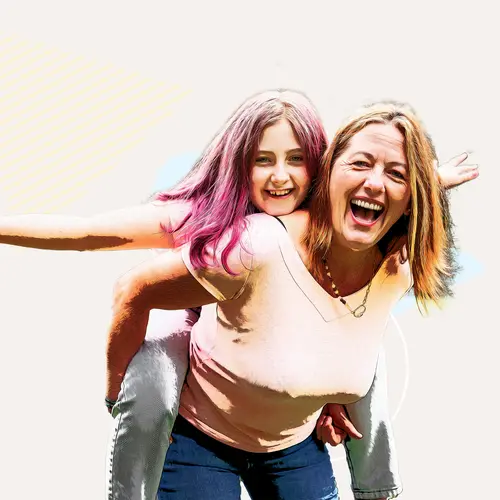You might think of type 1 diabetes as a young person’s disease. It was once known as juvenile diabetes, and most people are diagnosed with it as children or teens.
But about a quarter of people with type 1 aren’t diagnosed until they’re adults -- some as late as age 80 or 90. There’s no cure, but there are things you can do to make managing it as an adult easier.
Find the Right Teammates
Every person who has diabetes needs a personal plan. You’re in charge of putting that plan into action, but you don’t have to figure it out on your own.
You should have a team to help you, including a general physician, an endocrinologist, a nutritionist or dietitian, and a diabetes educator to teach you how to live better with the condition. You also may need to see other specialists, like a podiatrist (for your feet and lower legs) or an ophthalmologist (for your eyes).
Talk with your health care team regularly, and keep them in the loop on your condition.
Understand the Possible Problems
High blood sugar can affect organs and tissues throughout your body. Even if you control your diabetes well, issues still may happen slowly over time. Get checked for them regularly, and watch for warning signs like tingling, numbness, or swelling in your hands and feet; blurred or double vision; or sores that don’t heal. If you catch and treat these kinds of things early, you can slow or even stop the damage.
Eat Well, and Eat Often
Rather than the usual three meals daily, you may need to eat small amounts of food throughout the day. Talk with your dietitian about the best choices to keep your blood sugar steady. They may include healthy fat (nuts) and protein (lean meat, fish, beans), whole grains (brown rice, oatmeal), colorful veggies (spinach, peppers, broccoli, sweet potatoes), and low-calorie drinks like unsweetened iced tea or water flavored with fresh fruit.
Be Smart About Exercise
Regular physical activity pays off: It can help you lose extra weight, keep healthy blood sugar levels, and lower your blood pressure. It also can help protect you from problems with your eyes or kidneys.
It’s important to keep a close eye on your blood sugar levels before, during, and after a workout, because exercise can raise or lower your levels, and may even trigger hypoglycemia -- dangerously low blood sugar. Understand how exercise can affect your blood sugar, and eat or take medication as you need to.
Don’t Light Up
Smoking makes it harder to control your diabetes and makes you more likely to have issues like nerve damage or blindness. That’s because cigarettes can raise your average blood sugar. Studies show that nicotine is the problem, which means you also should stay away from nicotine replacement products.
Get Your Shots
Diabetes can affect your immune system and make it harder for your body to fight off infections or avoid other serious health problems. Some infections, like the flu, can also send your blood sugar higher.
The CDC recommends that all adults with type 1 diabetes stay up to date on their vaccines. That includes getting a yearly flu shot, along with hepatitis B vaccine, pneumococcal vaccine (to protect against pneumonia) , zoster vaccine (to protect against shingles), and TDAP vaccine (to protect against tetanus, diphtheria, and whooping cough).
Stick With Your Plan
Watching what you eat, pricking your fingers for blood sugar tests, and tracking insulin injections can get tiresome, especially if you’ve been doing it every day for years or even decades.
Setbacks are bound to happen -- something as simple as changing the location of your insulin shot or tweaking the recipe of your favorite dish can bring surprises. Accept that perfect control is impossible, and don’t let those bad days get you off course.
Get Support
Sometimes it helps to talk to people who are going through the same thing. Ask your doctor or diabetes educator about support groups, meetings, or sessions where you can meet other adults with type 1.
In some cases, it may also be a good idea to seek out professional support, especially if you have symptoms of depression like these: you've lost interest in things you used to enjoy, you feel hopeless, or you have extremely low energy.

